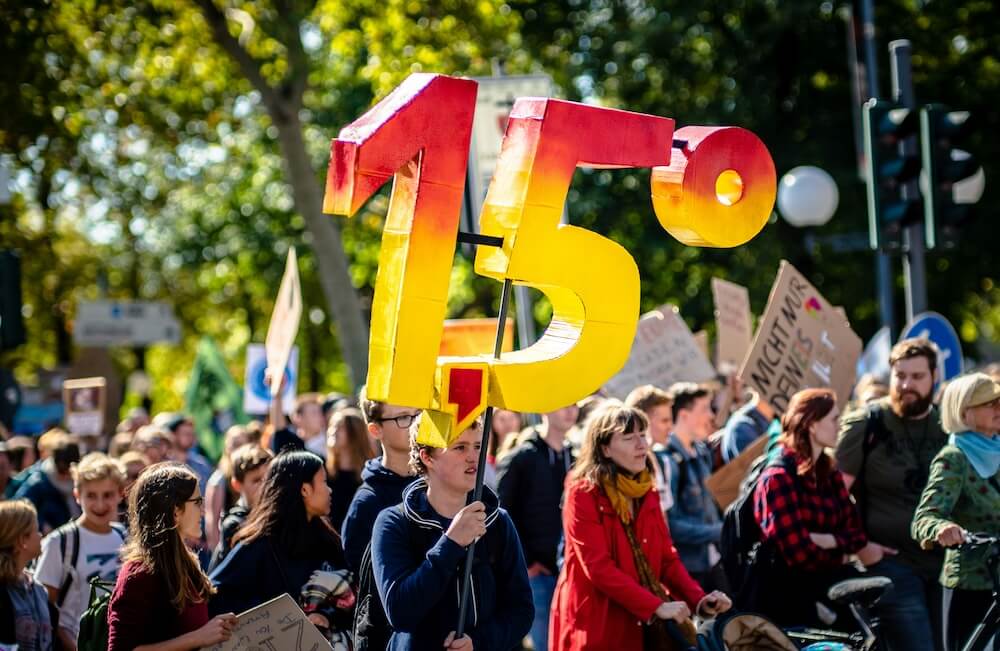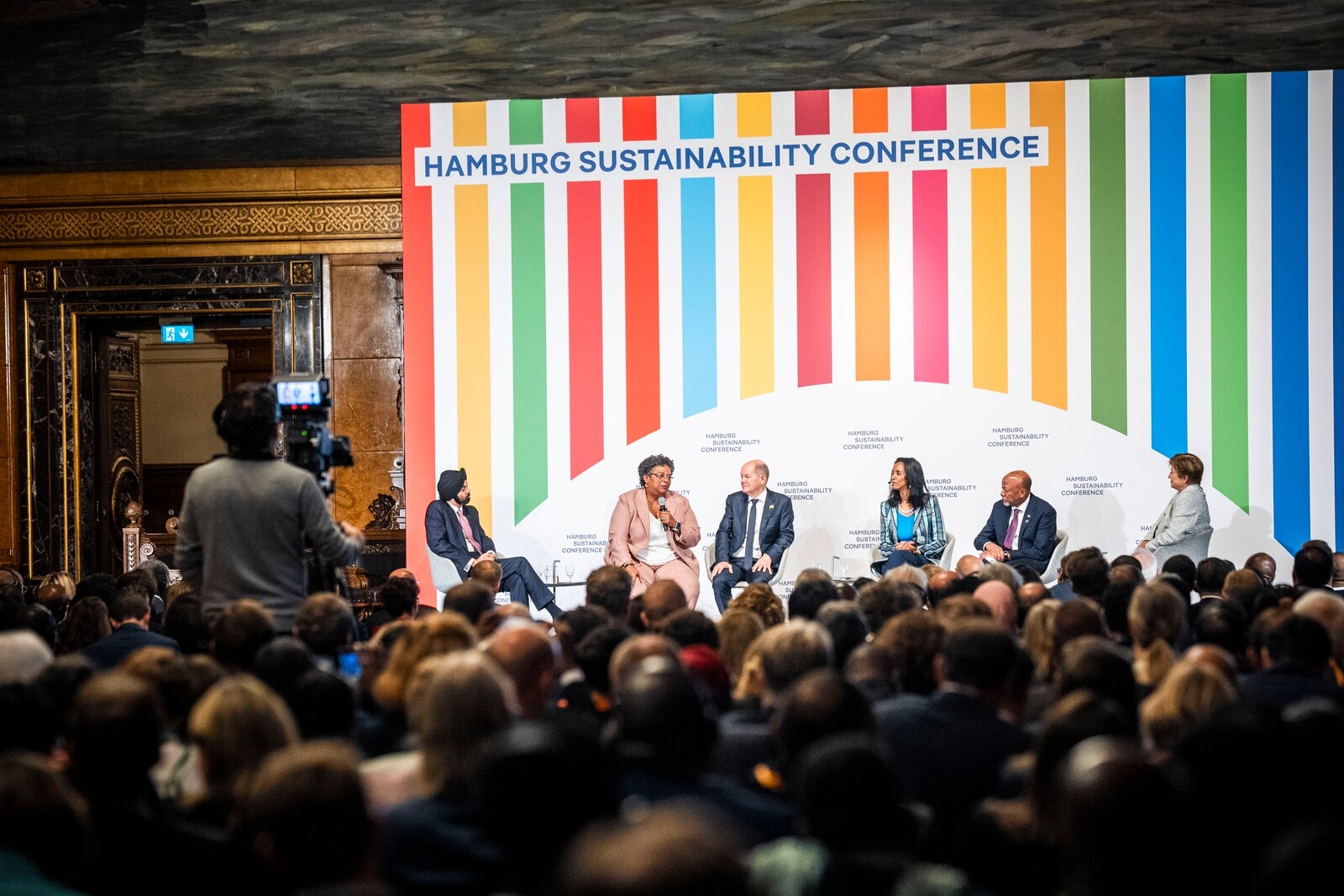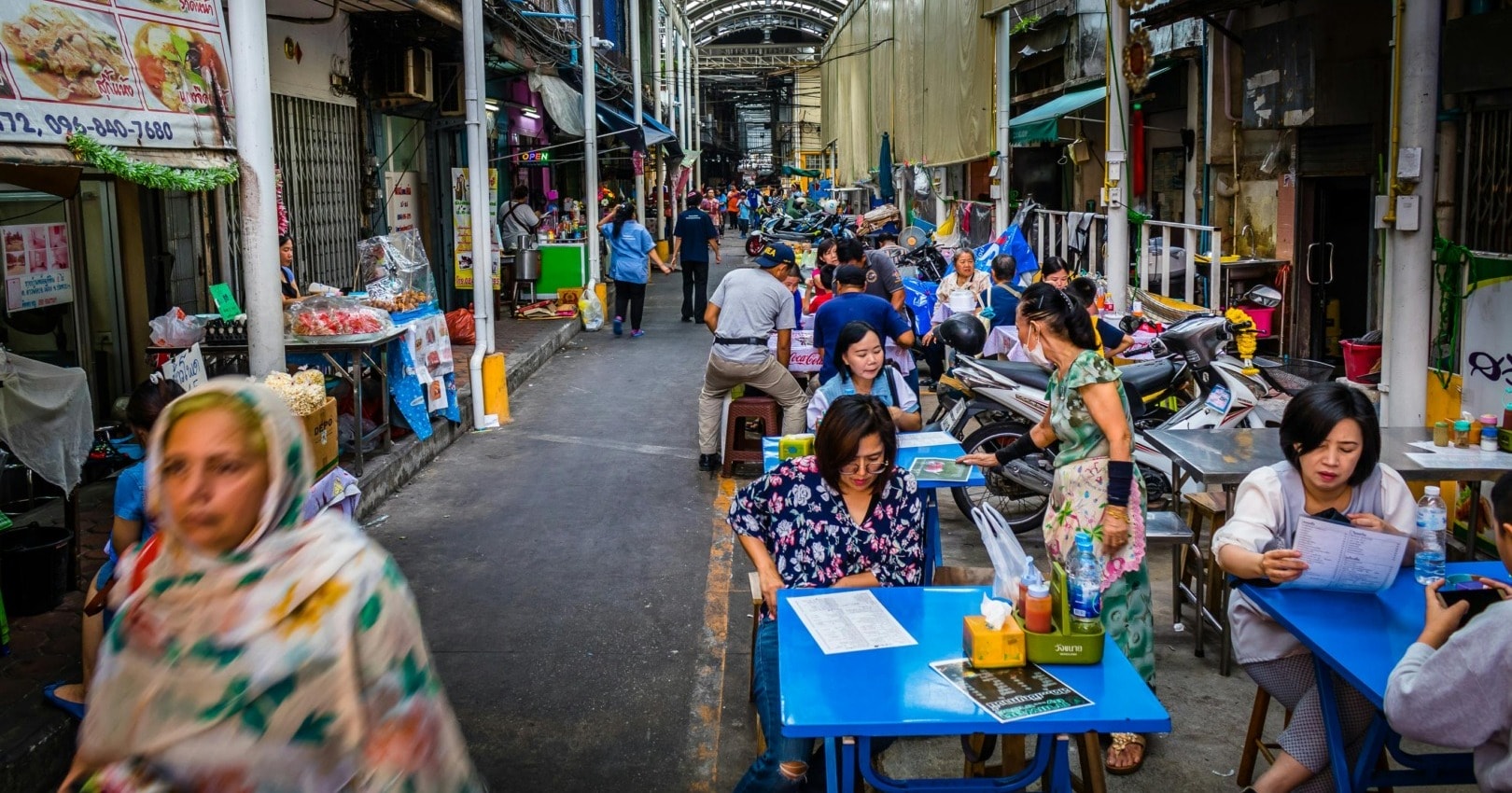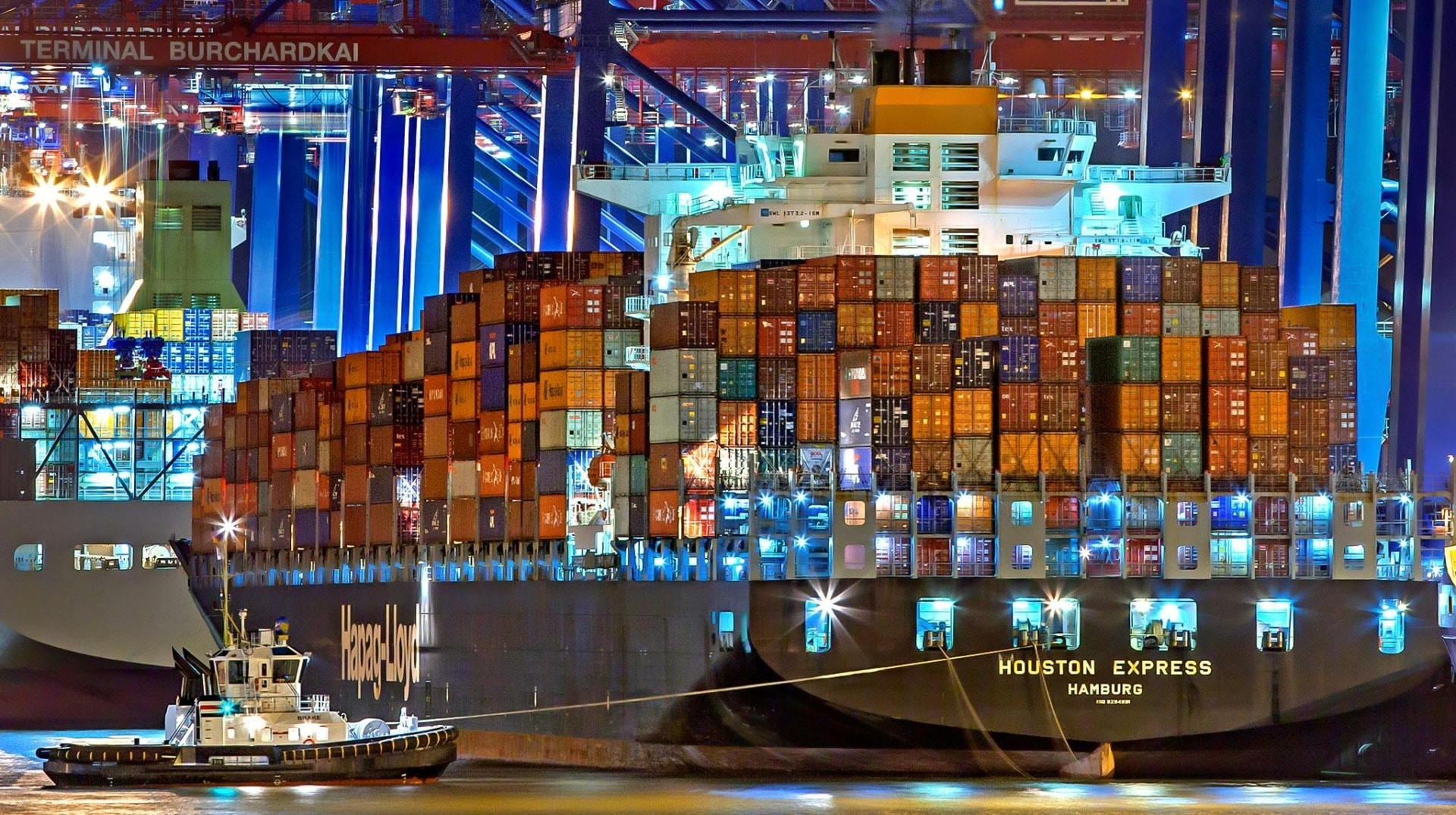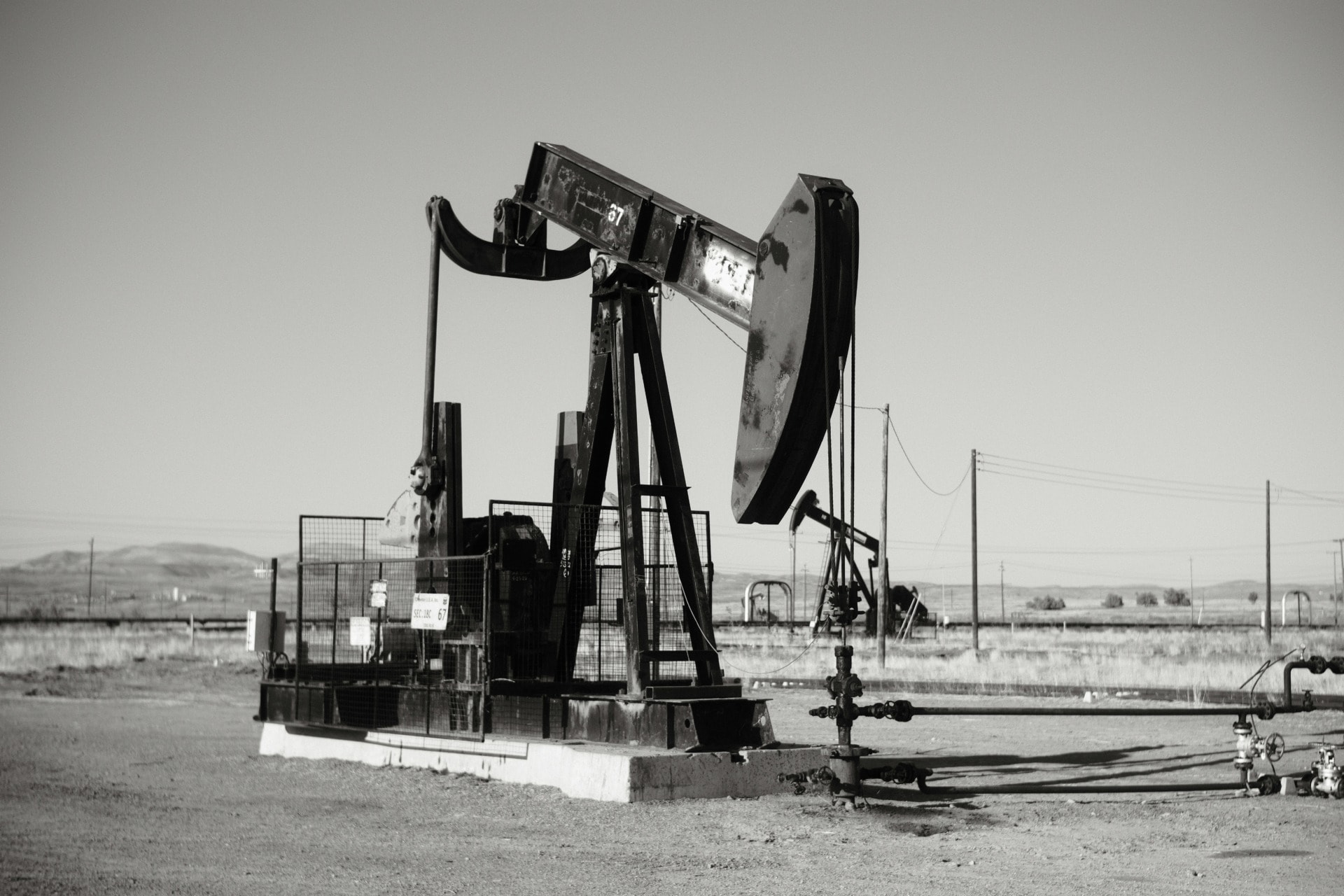Today’s ESG Updates
- Trump Doubles Down on Tariffs: Asian markets plummet after China imposed a 34% tariff on U.S. goods.
- Asia’s Electricity Prices Face Changes Amid Renewable Integration: Electricity prices in Asia are facing significant changes as markets shift to more flexible pricing.
- Countries Meet to Discuss the Shipping Sector’s Carbon Footprint: Developing nations accuse wealthy countries of betraying previous commitments.
- Alliance Bank Malaysia Nears €3.05B Sustainable Loan Target: Alliance Bank is close to reaching its sustainable loan goal, with progress in increasing ESG awareness and adoption among SMEs.
Global markets slide as Trump doubles down on tariffs
Asian markets plunged over the weekend after China announced a 34% tariff on U.S. goods. Japan and Taiwan both saw their main stock indexes drop nearly 10%, with markets across Europe and the U.S. also facing sharp losses. President Trump compared the U.S. tariffs to “medicine,” attempting to convince Americans they will be tough in the short term but necessary to correct what he sees as years of unfair trade. Investors are growing increasingly worried about a possible global recession. Companies can stay up to date with emerging news and legislation using ESG tools.
***
Further reading: Trump digs in on tariffs as global stock markets go into freefall
Asia’s electricity markets face changes amid renewable integration and grid reforms
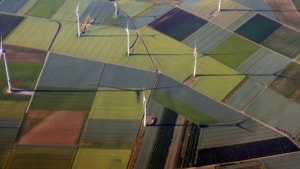
Asia’s electricity markets are undergoing significant changes due to the costs of integrating renewable energy and battery storage solutions into the power grid. A recent BMI report found that while many Asian electricity markets have traditionally been regulated, there is a growing trend toward reforms accommodating the variable nature of renewables and promoting a more flexible and responsive pricing system. As countries in the region simultaneously invest in renewable infrastructure and recoup the losses they incurred from the 2021-2023 global energy crisis, electricity prices are expected to rise.
Photo Credit: Mark König
***
Further reading: Asia’s electricity prices to be increasingly impacted by renewables: BMI
Shipping decarbonization efforts stumble as major economies oppose carbon levy

At a recent International Maritime Organization meeting, representatives from 175 countries discussed measures to decarbonize shipping over the next 25 years. The proposed carbon levy on ship emissions aims to fund climate action in poorer nations, particularly vulnerable small island states which are disproportionately impacted by climate change. However, major economies like China, Brazil, and Saudi Arabia oppose the levy, citing concerns about consumer price increases. The E.U. appears to be backing away from its initial support for a direct carbon levy and encouraging a diluted version of the proposal. Shipping accounts for over 2% of global emissions, and wealthier nations are backsliding on climate commitments in the industry.
Photo Credit: Nilantha Ilangamuwa
***
Further Reading: Poor countries say rich world betraying them over climate pledges on shipping
Alliance Bank Malaysia nears €3.05B sustainable loan target
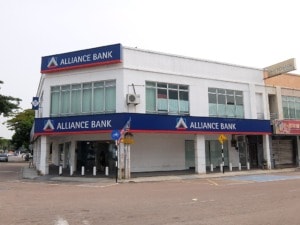
Alliance Bank Malaysia is advancing its sustainability agenda by nearing its €3.05 billion target for new sustainable loans, with €2.85 billion disbursed over two years and 10 months. An annual ESG report conducted by Alliance Bank in collaboration with Monash University Malaysia and Zurich Malaysia revealed a surge in ESG awareness among SMEs, increasing from 14% to 80%, with adoption rising from 28% to 60% within 18 months. Businesses can utilize ESG solutions to improve their ESG performance and align with growing market expectations.
Photo Credit: Wikimedia Commons
***
Further reading: Alliance Bank nears RM15bil goal in new sustainable loans, boosting SMEs in ESG
Editor’s Note: The opinions expressed here by the authors are their own, not those of impakter.com — Cover Photo Credit: Tötös Ádám




